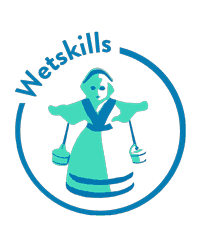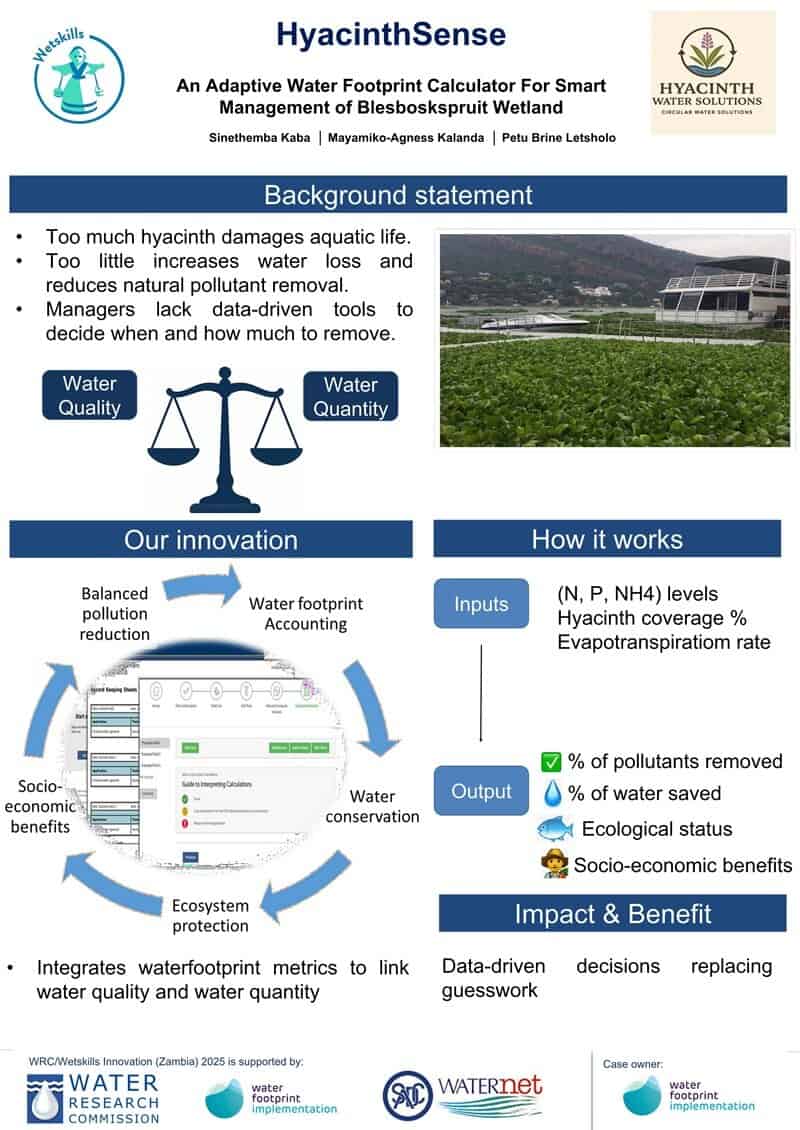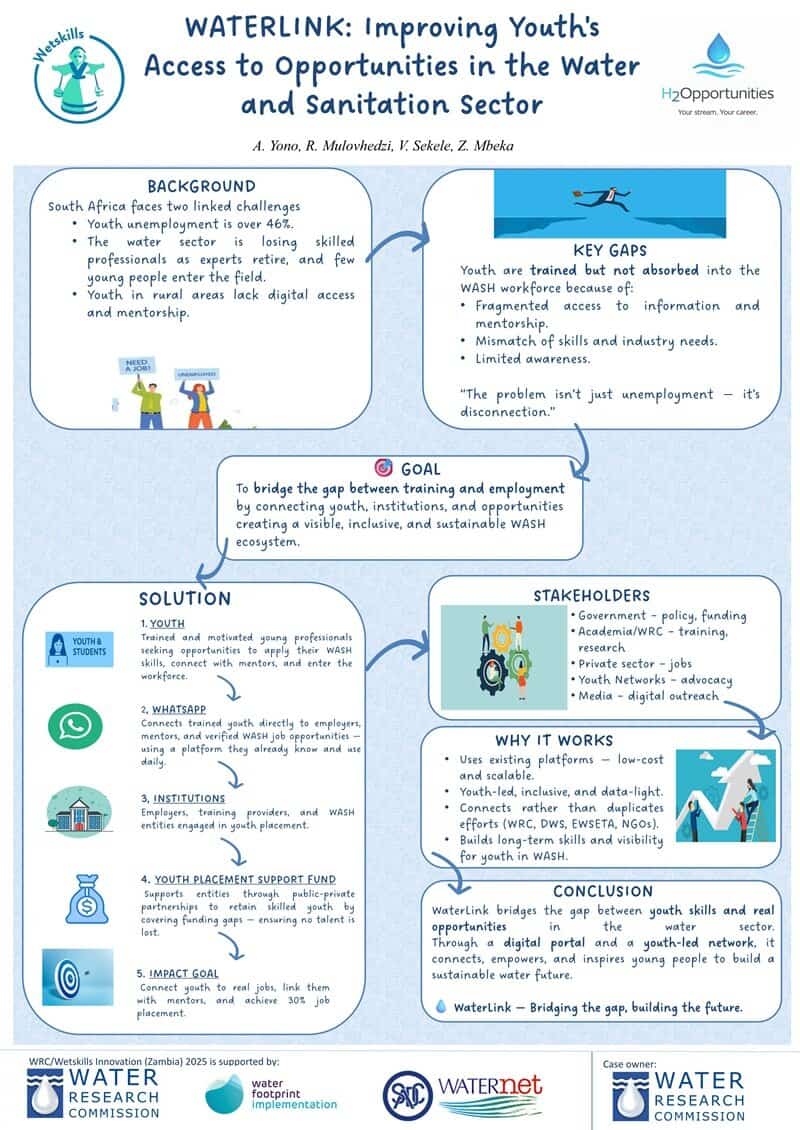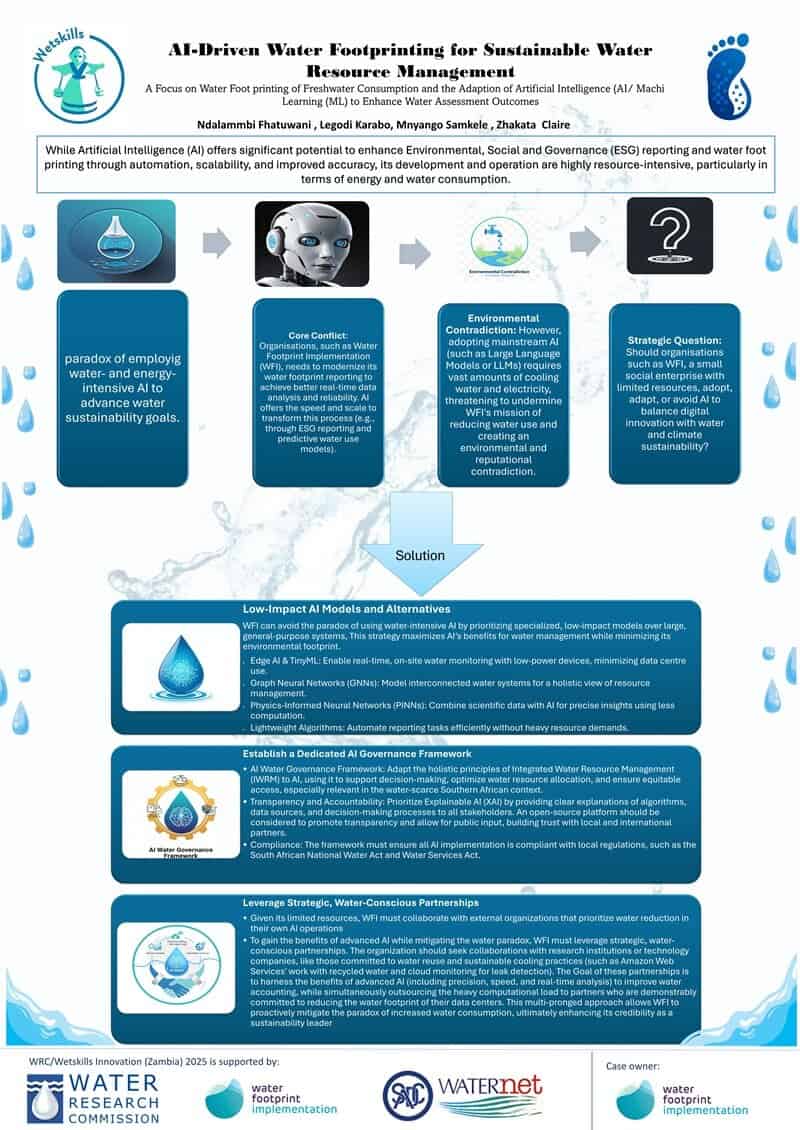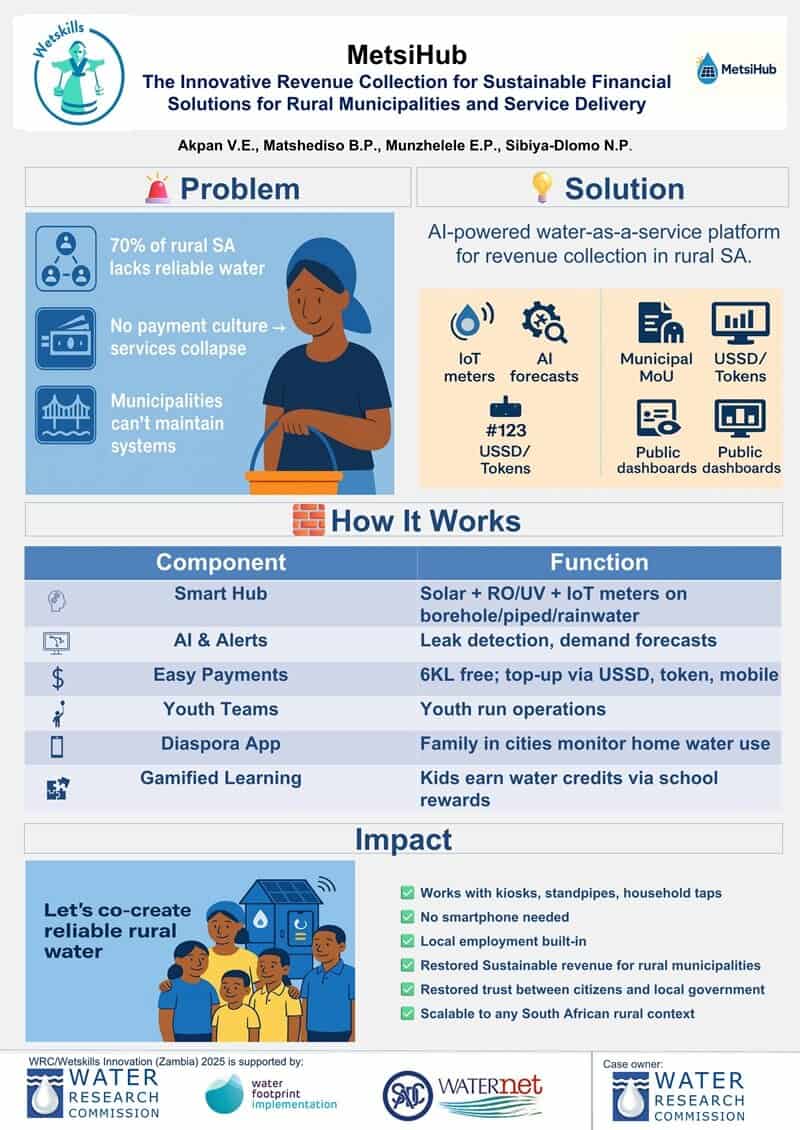
- This event has passed.
Water Innovation Hackathon Zambia
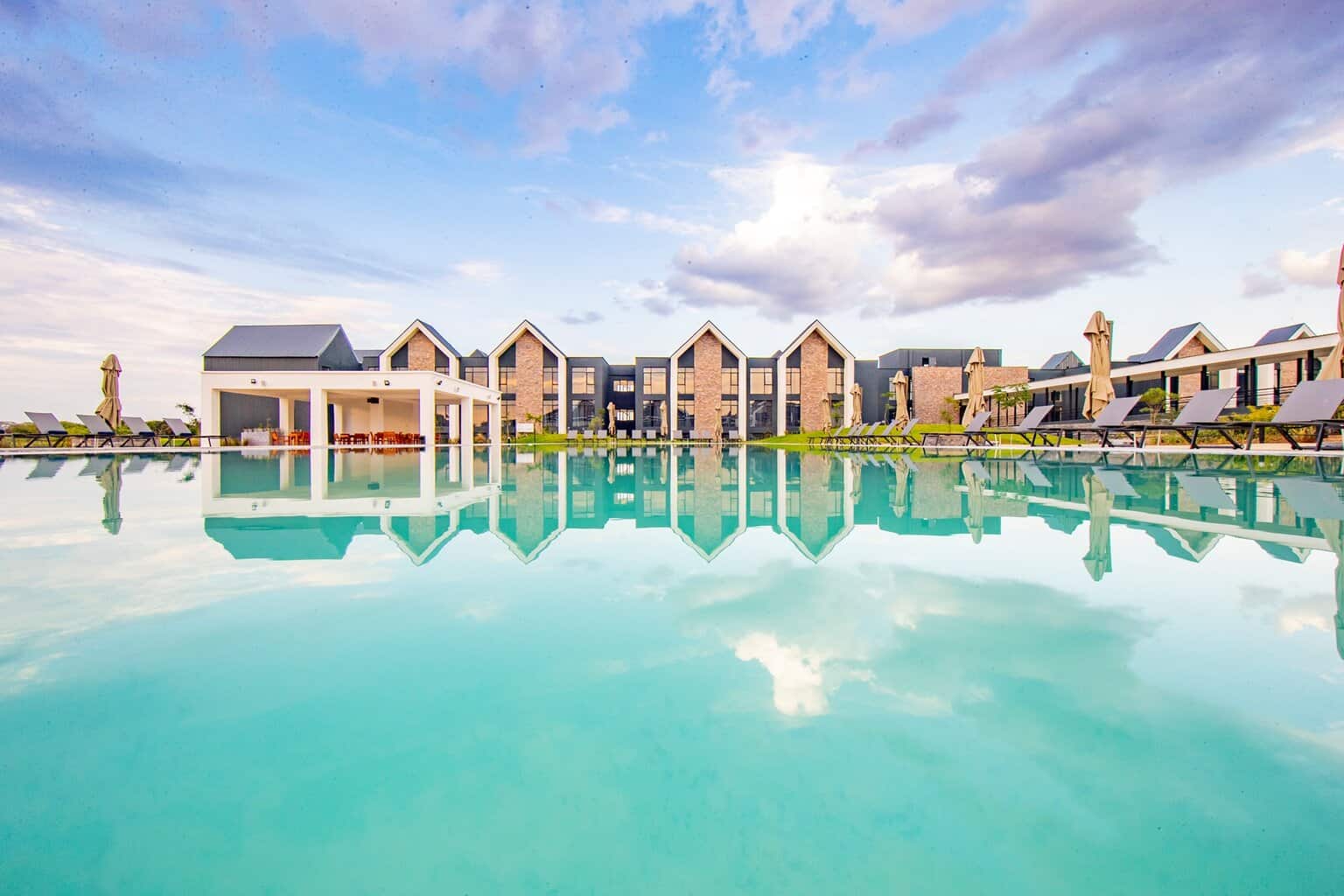

Follow us in the Water Innovation Hackathon!
We’re pleased to organize the inaugural Water Research Commission–Wetskills Innovation Hackathon. The hackathon is running virtually for four weeks, with an in-person workshop and finals at the 26th WATERNET/WARFSA/GWP-SA Symposium in Lusaka, Zambia (29–31 October 2025).
In this event we have 16 participants, coming from South Africa, Malawi, Nigeria and Zimbabwe. They work in 4 multidisciplinary teams to develop real-world water solutions. Our challenges for this event focus on water hyacinth, youth employment in WASH, use of Artificial Intelligence (AI), and innovative financing for water in rural communites. Follow us in this event to shape the future of water in Southern Africa!
The program starts with a virtual pre-workshop phase, organised by the Wetskills Foundation and the Water Research Commission, comprising of four weekly training and teamwork sessions held every Thursday from 2–23 October 2025, 15:00–17:00 SAST via Microsoft Teams. The sessions will cover team roles, action planning, project management, business development, pitching techniques and technical paper writing. Throughout the virtual phase, supervisors will guide teams as they refine collaboration and validate a concrete, ready-to-pitch solution for their assigned case study.
Selected participants will then travel to Lusaka for two hands-on workshops during the Symposium. The teams present their solutions at the symposium with a pitch and a poster, and then the winning team will be announced.
Participants of the Hackathon, with the Wetskills supervisors in an online meeting

Event info

Follow Wetskills

Joining this Wetskills Event – What do you get?

- Hands-on experience solving real-world water challenges as part of a multidisciplinary team.
- Practical skills development in international cooperation, problem-solving, cross-cultural teamwork, project planning, and pitching and poster presentation.
- Valuable networking opportunities with fellow students, young professionals and regional water stakeholders.
- Exposure to regional water issues and stakeholders, contemporary challenges and emerging business opportunities across Southern Africa.
- A field experience in Lusaka, Zambia, including attendance at the 26th WATERNET / WARFSA / GWP-SA Symposium.
- A certificate of participation on successful completion of the programme
Contact: Craig Tinashe Tanyanyiwa at craig.tinashe@wetskills.com and/or Johan Oost at johan.oost@wetskills.com.
Workhop and Finals in Zambia
The winning team was Case 2: Improving Youth’s Access to Opportunities in WASH; and the Case owner was the Water Research Commission.
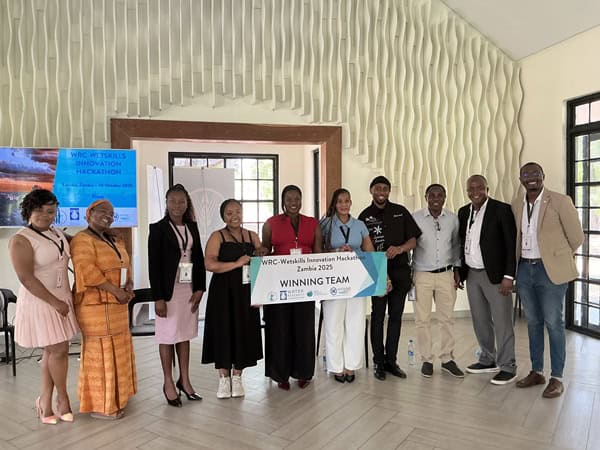
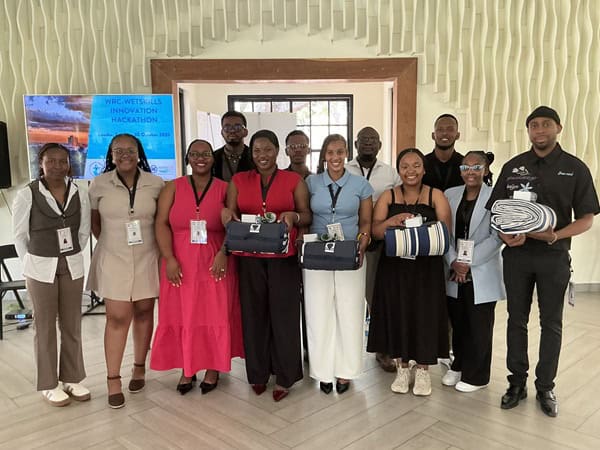
Event Cases

Case 1: Smart Management of Water Hyacinth
Case owner: Water Footprint Implementation (WFI)
Water hyacinth is often viewed solely as an invasive pest, but in the Blesbokspruit Wetland (South Africa), it plays a more complex role. While it clogs waterways, harms biodiversity and affects livelihoods, it also absorbs pollutants and may conserve water by reducing evaporation. This challenge invites participants to design an innovative decision-support tool that helps managers strike the right balance: when and how much hyacinth to remove, to optimise water quality, water quantity, biodiversity, and socio-economic benefits. Can invasive plants become part of a water stewardship solution that also creates jobs and offers opportunities within the circular economy?
Case 2: Improving Youth’s Access to Opportunities in WASH
Case owner: Water Research Commission
Youth unemployment is a pressing challenge in South Africa and the broader African continent. Transforming employment challenges into opportunities, particularly in the water sector, can create decent jobs and promote social inclusion. What are the existing opportunities for youth in the WASH sector, and who are the opportunities tailored for? Identify gaps (such as skills, awareness, etc.) that affect the youth’s access to these opportunities. How might a multilateral approach, including digital media and stakeholder engagement in the WASH sector championed by young WASH professionals, serve as a driver to bridge the opportunity gap and create more jobs for youth and young professionals?
Case 3: Water Footprint Implementation and Artificial Intelligence?
Case owner: Water Footprint Implementation (WFI)
Artificial Intelligence (AI) has the potential to transform environmental, social and governance (ESG) reporting and water footprinting, through automation, speed and scalability. However, AI development and operation are highly energy- and water-intensive, raising questions about whether its application in sustainability fields may be counterproductive. How can organisations such as Water Footprint Implementation engage with AI responsibly: Should they adopt it, adapt it, or avoid it? Participants will evaluate the paradox, assess risks and opportunities, and propose innovative yet realistic pathways, that balance digital innovation with water and climate sustainability.
Case 4: Innovative Revenue Collection for Rural Water Supply
Case owner: Water Research Commission
Many rural municipalities are plagued by insufficient funding and poor infrastructure, forcing communities to rely on potentially unsafe water sources. We require innovative revenue collection models, using examples such as community-based water supply systems, that can empower households to pay for quality services. We want to see the implementation of affordable, collective payment schemes for communal boreholes and rainwater harvesting. Essentially, we request ideas on how municipalities can unlock new sustainable revenue streams, to improve water access, enhance community involvement and foster local economic development, ultimately contributing to greater resilience against climate-related adversities.
Event Partners

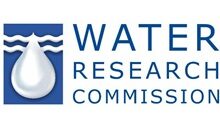
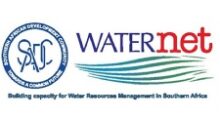
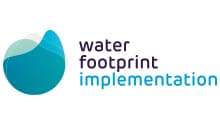
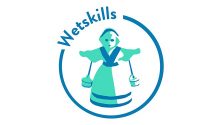
Previous Events in Southern Africa: South Africa, Zimbabwe, Mozambique and Lesotho

